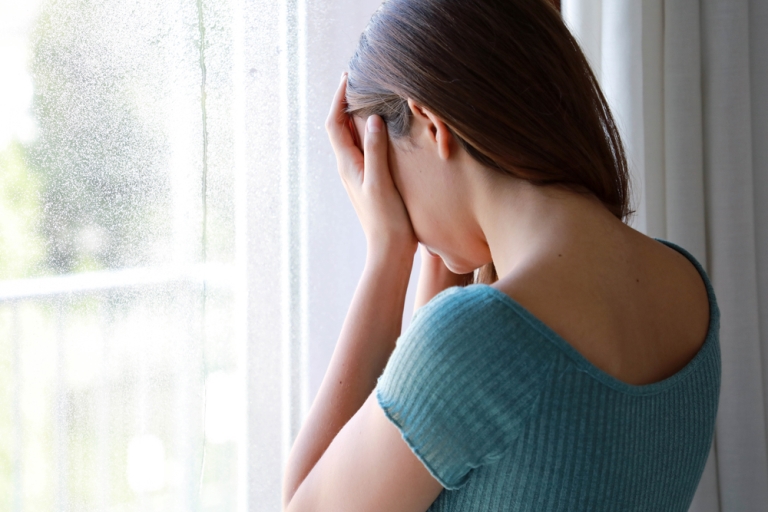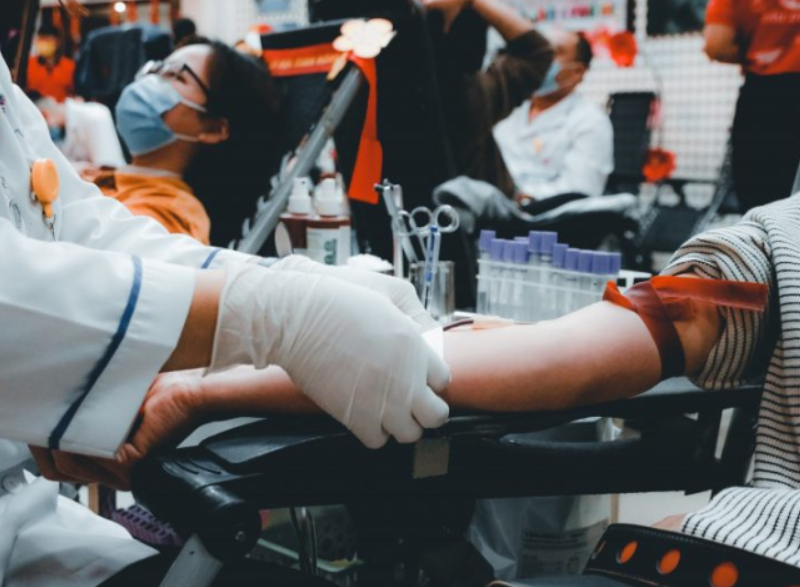The weather has shifted dramatically in recent years. There are more and more abrupt weather changes, such as when temperatures drop or climb by 20 degrees in a single day, and this is when we usually feel the familiar weight.
Meteoropathy refers to the symptoms and complaints we experience during weather changes, and meteoropaths are those who experience them. Hippocrates said in 400 BC that anyone studying medicine must also consider the seasons, temperatures, and quality of drinking water – the patient’s living conditions. It also implies that he believed that time has an effect on health.
Several patient populations are extremely susceptible to weather variations. They have rheumatoid arthritis, asthma, heart difficulties, particularly angina pectoris and high blood pressure, duodenal and stomach ulcers, psychosis, and other mental issues. Doctors note out that an asthmatic feels and reacts for three to 48 hours before a dramatic change in temperature occurs, therefore it is important to understand the bioprognosis, based on which the doctor gives advise on how to get through the next phase as gently as possible.
What, among other things, happens to our organism when the weather changes?
Changes in blood pressure
Your blood pressure might change due to a variety of factors, including the weather. Specifically, when the weather changes abruptly, pressure changes as well, and this has a direct impact on our biology. High temperatures cause blood vessels to dilate, resulting in a reduction in blood pressure. Blood arteries constrict at cold temperatures, which can cause a rise in blood pressure.
Find out more about: Flush Out Toxins Within 48 Hours: A Radical Gut Cleansing Method
Headache
People who are usually prone to headaches have a hard time coping with sudden and extreme weather changes. Migraine attacks are also common.
Sleep problems
Our sleep is also influenced by the weather. We can’t sleep in the summer because of the high heat, but we start sleeping longer in the autumn. According to a study published in the Journal of Psychosomatic Research, respondents slept up to three hours more in October than at any other time of the year. Unfortunately, this does not imply that we are more rested. The respondents did not feel better or more active after sleeping less; in fact, they were more fatigued.
Increased number of heart attacks
When the temperature drops, blood flows more slowly through our veins, affecting the heart. Unfortunately, the risk of a heart attack rises throughout the winter.
Problems with breathing
Extremely high or low temperatures are harmful to our respiratory system, so don’t be shocked if you experience breathing difficulties.
Weakened immunity
Sudden and extreme weather changes are a direct hit to the immune system, so don’t be surprised if you catch a cold when the temperature drops.
After reading this text you can also read about: Almonds Or Peanuts, Which Is Better For Your Body?



